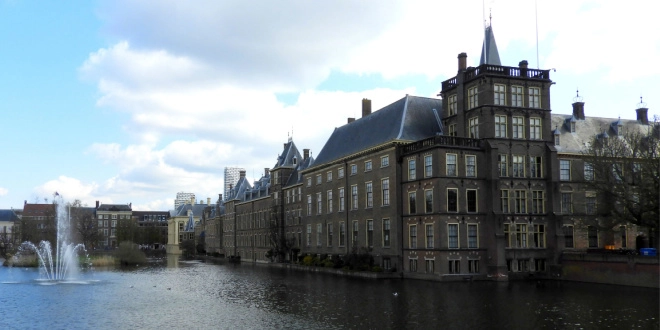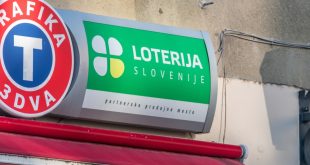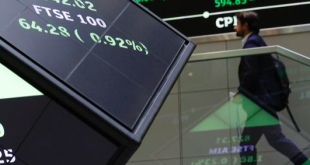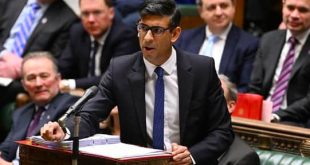Two members of the Netherlands’ House of Representatives have submitted an amendment to Dutch taxation laws which could lead to an increase in gambling tax.
Silvio Erkens and Chris Stoffer, the first signatory and co-signatory to the draft amendment respectively, are both members of the People’s Party for Freedom and Democracy (VVD), the single largest party in the Dutch lower house with 34 seats.
Should the amendments be approved by the duo’s fellow legislators, Dutch gaming tax would increase by 1% from 29.5% to 30.5%, corresponding to a rise of €26m.
The MPs explained that their primary motivation for suggesting the changes was due to the growth of the national betting market.
“The popularity of online gambling has increased significantly in recent times,” the politicians’ submission to parliament read. “This has also led to a significant increase in the turnover of online gambling companies.”
Changing the gambling tax rate will require alterations to the law, specifically the way different forms of gambling are ‘differentiated’, according to the MPs.
The legislators’ suggestions would result in heavier taxation of online gambling, but that this will only be possible if the nation’s various forms of gambling are differentiated by law.
Given how much the Dutch online betting space has grown over the past years it is unsurprising that the sector is gaining more legislative attention, particularly regarding taxation.
The Dutch Gambling Authority, the Kansspelautoriteit (KSA), reported earlier this year that market growth has begun to stabilise after two years of rapid expansion since its launch under the KOA Act on 1 October 2021.
However, the fact that the market has grown exponentially is undeniable, having expanded from an initial 10 operators in October 2021 to 27 this year, and with the KSA also projecting annual growth of around 15% in early 2023.
This growth has been accompanied by political scrutiny, notably the implementation of an advertising ban in July – a move spearheaded by the government itself – whilst legislators form the Christian Democratic Appeal (CDA) have introduced a bill attempting to ban the market entirely.






